
Should you buy a home in a homeowners association?
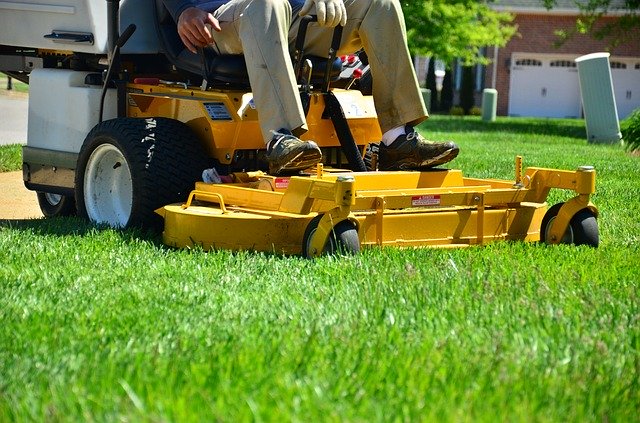 Living in a neighborhood managed by a homeowners association has advantages and drawbacks, so how do you know if an HOA is right for you?
Living in a neighborhood managed by a homeowners association has advantages and drawbacks, so how do you know if an HOA is right for you?
If you’re looking to buy a condo or townhouse, you’ll almost certainly have an HOA, but you also won’t have the hassles that come with lawncare and outdoor maintenance. Things are a little different when it comes to HOAs for single-family homes.
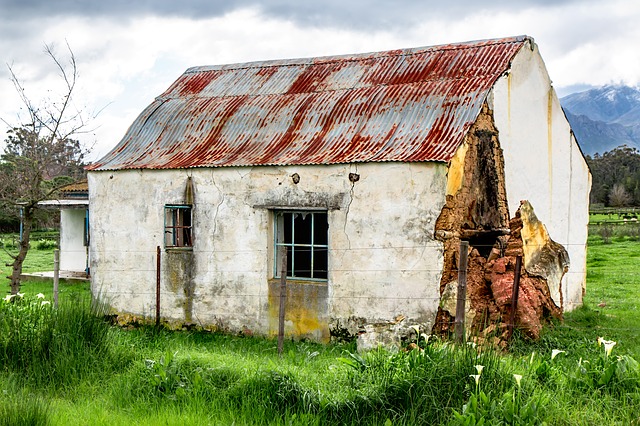 On the positive side, the chances of your neighborhood having a run-down eyesore with a weed patch for a lawn are virtually nonexistent. You’re also not likely to have a neighbor with fixer-upper cars parked in his driveway or on the street. Generally speaking, the HOA bylaws will work to protect the value of your home, which is probably your biggest single investment.
On the positive side, the chances of your neighborhood having a run-down eyesore with a weed patch for a lawn are virtually nonexistent. You’re also not likely to have a neighbor with fixer-upper cars parked in his driveway or on the street. Generally speaking, the HOA bylaws will work to protect the value of your home, which is probably your biggest single investment.
So an HOA will generally protect you and your investment from the consequences of bad neighbors, but depending on how an HOA is managed, the it can also be a drawback. First of all, it’s important to understand what HOAs do. One of their main jobs is to oversee the maintenance and upkeep of a neighborhood’s common areas. That means maintaining things like clubhouses, community swimming pools, security gates, lighting and possibly lawncare. HOAs also operate under bylaws that specify what residents can and can’t do with their property. These rules can vary significantly, so it’s important to read the bylaws carefully before you decide to purchase a home in an HOA.
Another important piece of information is how much the HOA charges in monthly and/or annual fees. HOA fees typically run several hundred dollars a year and will depend on the services provided by the HOA. If you like the idea of living in an HOA that includes professional lawncare, you should expect to pay a hefty fee for that service. Maybe you’re retired, and you like the idea of being able to step out your back door and play a round of golf. Living in a golf community is definitely going to cost you. And of course, HOAs will need to increase those fees from time to time.
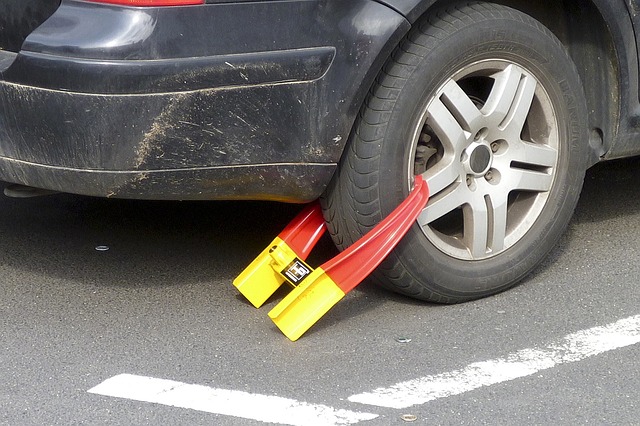 But those recurring fees aren’t the only cost you may incur through an HOA. If you violate any of the bylaws you’ll likely incur fines that can quickly add up. These rules can cover everything from parking your car in the wrong place to leaving your garbage can out too long or installing a swing set for your kids. So don’t just ask about these penalties; be sure to read the fine print in the bylaws before you buy a home in an HOA.
But those recurring fees aren’t the only cost you may incur through an HOA. If you violate any of the bylaws you’ll likely incur fines that can quickly add up. These rules can cover everything from parking your car in the wrong place to leaving your garbage can out too long or installing a swing set for your kids. So don’t just ask about these penalties; be sure to read the fine print in the bylaws before you buy a home in an HOA.
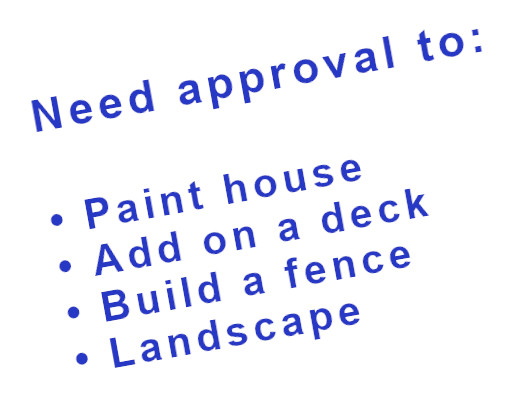 And while you’re reading those bylaws, be sure to pay attention to what your rights are. For example, what types of home improvements require pre-approval and how are those requests handled? (https://www.hoaguru.com/Blog/Post/How-Can-Self-Managed-HOAs-Manage-Improvement-Requests) What is the procedure for filing a complaint? What are the guidelines for petitioning the board?
And while you’re reading those bylaws, be sure to pay attention to what your rights are. For example, what types of home improvements require pre-approval and how are those requests handled? (https://www.hoaguru.com/Blog/Post/How-Can-Self-Managed-HOAs-Manage-Improvement-Requests) What is the procedure for filing a complaint? What are the guidelines for petitioning the board?
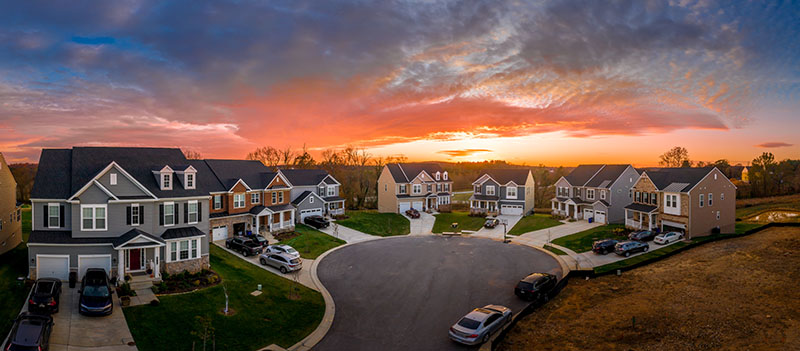 OK, so you’ve found a home you like, you’re comfortable with the annual fees, and you think the bylaws are reasonable. Before you sign a contract, it’s a good idea to talk to people who already live in the neighborhood. No matter how good something looks on paper, the reality is always different – sometimes by a lot. If you see residents in their yards or on the street, talk to them about living in the neighborhood. Ask your realtor if they can put you in touch with anyone living in the neighborhood. You might also want to ask if you can sit in on a meeting to get a feel for how the HOA operates.
OK, so you’ve found a home you like, you’re comfortable with the annual fees, and you think the bylaws are reasonable. Before you sign a contract, it’s a good idea to talk to people who already live in the neighborhood. No matter how good something looks on paper, the reality is always different – sometimes by a lot. If you see residents in their yards or on the street, talk to them about living in the neighborhood. Ask your realtor if they can put you in touch with anyone living in the neighborhood. You might also want to ask if you can sit in on a meeting to get a feel for how the HOA operates.
If you want to dig a little deeper into this topic, follow these links for more information:
https://www.investopedia.com/articles/mortgages-real-estate/08/homeowners-associations-tips.asp
https://www.usatoday.com/story/money/2019/08/06/homes-sale-what-you-need-know-hoas/1924571001/
https://www.mortgages.com/buying-house-and-owning-home/complete-guide-buying-home-hoa



